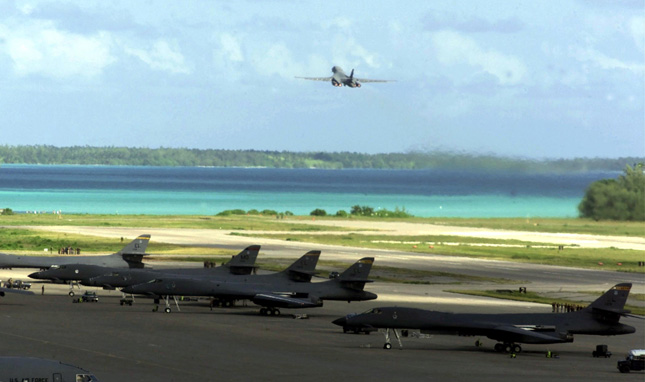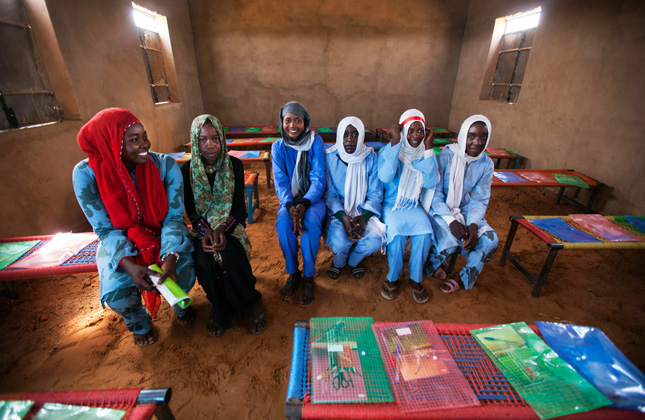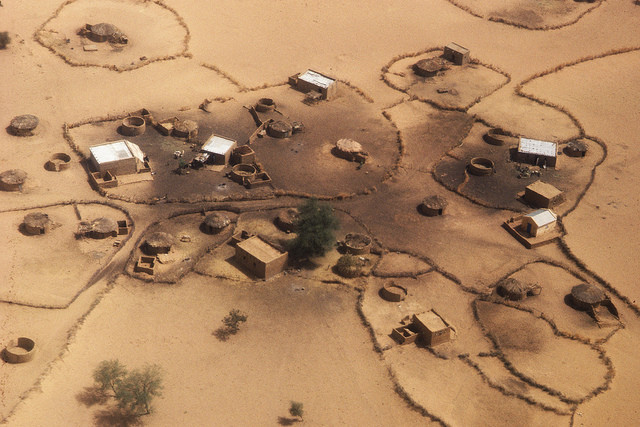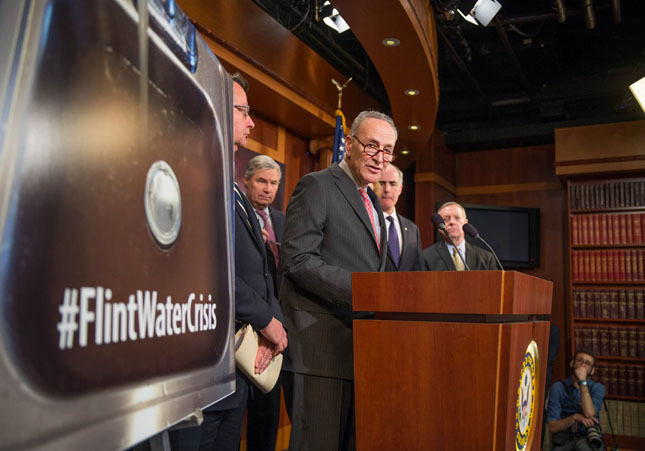-
The Economic Costs of Child Marriage
›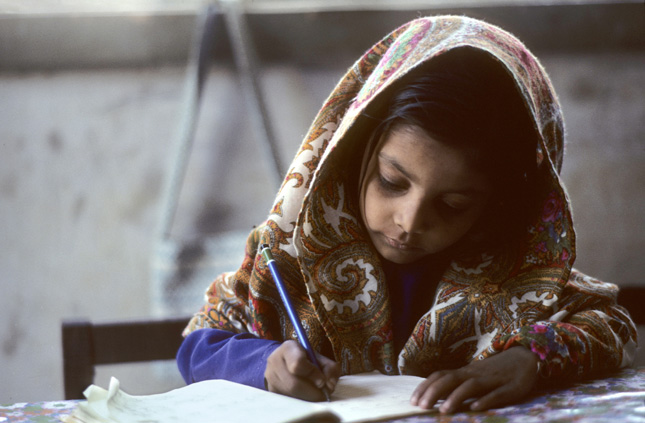
“It’s essentially an issue of a lack of viable alternatives,” said Quentin Wodon, lead economist for the World Bank’s Education Global Practice at a recent event on child marriage at the World Bank. “We have to create those alternatives.” Wodon co-presented the results of a new research study, “At What Cost? The Economic Impacts of Child Marriage,” by the World Bank Group and the International Center for Research on Women (ICRW).
-
People not Polar Bears: National Security and the Changing Climate
›
“If we really cared about the polar bears, we would have done something,” quipped retired U.S. Navy Rear Admiral David Titley, who gave an Environmental Research and Education Distinguished Lecture at the National Science Foundation on June 27, 2017. Titley framed climate change in terms of U.S. national security interests, focusing on infrastructure, the changing Arctic, and how environmental factors can exacerbate conflict.
-
Sustainable Development Approaches to Youth and the Demographic Dividend
›
“Investing in youth is a recipe for success,” said Elizabeth Dawes Gay, senior policy analyst at the Population Reference Bureau (PRB), during a webinar on June 22, 2017, organized by PRB’s PACE project on the connections between the population, health, environment (PHE) approach to international development, and achieving the demographic dividend.
-
Climate, Conflict, and Refugees: Examining the Impact of Environmental Change on Human Security
›
“There’s a long list of crises that can have a natural resource base,” said Anne C. Richard, former assistant secretary of state for population, refugees, and migration, at a Stimson Center panel on June 13, 2017, on the impacts of climate change on human security and mobility. The panelists included Kelly McFarland of Georgetown’s Institute for the Study of Diplomacy (ISD), Rod Schoonover of the National Intelligence Council, and Sally Yozell, director of Stimson’s Environmental Security Program.
-
Former Defense Officials, Officers Discuss Climate Change and National Security on Capitol Hill
›
“There’s a lot you can do to mitigate risk once you acknowledge the risk exists,” said John Conger, senior advisor at the Center for Strategic and International Studies at a June 5th briefing on Capitol Hill. Convened by the Environmental and Energy Study Institute, Center for Climate and Security, and the Henry M. Jackson Foundation, the panel of former Department of Defense (DOD) officials and retired military officers included Sherri Goodman, senior fellow at the Wilson Center, and three members of the Military Advisory Board: Brigadier General Gerald Galloway, General Ron Keys, and Rear Admiral Ann C. Phillips.
-
Flint Offers Lessons on How Citizen Collaboration Can Hold Governments Accountable
›
A couple of weeks ago, the task force Michigan governor Rick Snyder appointed to investigate Flint’s now infamous water crisis issued its long-awaited report.
-
The Environment and Energy Stories to Watch in 2016
›The climate agreement reached in Paris last December, seen by many as a critical step toward lowering greenhouse gas emissions, was big news – perhaps too big. Pointing to the thousands of articles about COP-21, National Geographic Senior Editor Marla Cone asked at a recent Wilson Center panel, “Is this a wise use of resources, when newsrooms are so stretched thin, to have everybody pretty much chasing the same stories?”
-
Lessons From Katrina: Can Media-Citizen Collaboration Help Cities Adapt to Climate Risks?
›Ten years ago this month one of the United States’ deadliest and most costly storms, Hurricane Katrina, struck the Gulf Coast. In Louisiana, the storied city of New Orleans was dealt a particularly devastating blow. Hundreds died and the city suffered extensive damage as 80 percent of its neighborhoods flooded, prompting an exodus it is still recovering from.
Showing posts from category On the Beat.


